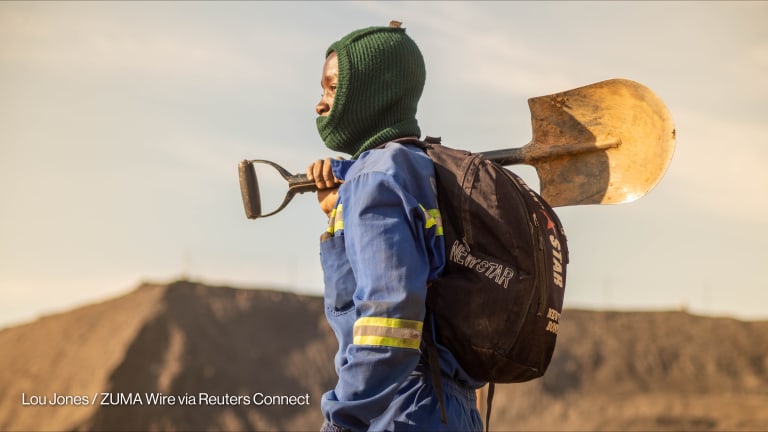State-based armed conflict emerged as the top immediate risk for 2025 in the World Economic Forum’s new Global Risks Report, published this month as world leaders prepared to meet at Davos, Switzerland.
Why is conflict such a concern from an economic standpoint?
Economies that build peace provide fair opportunities and benefits, increase cooperation and raise the cost of violence. We can call this a peace dividend. This can create a virtuous circle whereby more social cohesion increases trust and cooperation in private transactions, which is good for the economy.
Printing articles to share with others is a breach of our terms and conditions and copyright policy. Please use the sharing options on the left side of the article. Devex Pro members may share up to 10 articles per month using the Pro share tool ( ).








